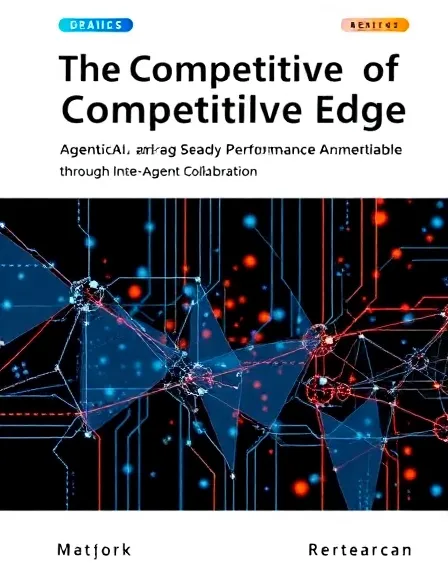cs
Biography
Aspiring Author
Reviews Summary
3.3
Rating Breakdown
3 total ratings
Aspiring Author
3.3
Rating Breakdown
3 total ratings
This first chapter felt a bit dry, honestly. The core idea of AI agents competing is interesting, but the explanation was quite dense. The writing style was very academic, which might be perfect for researchers but less so for casual reading. I'm not sure the hook was strong enough to make me desperate for more. I'm curious about the practical applications, but have some reservations about the overall read. It's a niche topic and this chapter didn't quite convince me to dive deeper. I'm not sure I'll be picking up the full book anytime soon. The opening sets up an intriguing premise, I suppose. I'm definitely interested in reading the rest, but it's not a must-read for me yet. This first chapter really drew me in, in terms of the concept.
This first chapter really drew me in, presenting a genuinely novel approach to AI development. The exploration of competition as a driver for agentic AI capabilities is intellectually stimulating and well-articulated. I appreciate the clear, concise writing style which makes complex concepts accessible. The opening sets up an intriguing premise, leaving me eager to discover the practical applications discussed later. I'm definitely interested in reading the rest of this research to understand the methodologies proposed. The author effectively argues for the underutilized power of strategic competition in AI. The parallels drawn to natural systems are insightful and lend strong theoretical grounding. This is a promising start for anyone in the field of AI and machine learning. The core argument is compelling and suggests a significant shift in AI design thinking. I look forward to seeing how these theories are translated into actionable frameworks. 5.0/5 stars
The opening sets up an intriguing premise about AI competition. I found the parallels drawn with evolutionary biology and game theory quite thought-provoking. The concept of agents competing to improve is a fresh angle on AI development. However, I'm still processing the practical implications presented in this initial section. The writing style is clear but a bit academic for my usual taste. I'm curious to see how the author elaborates on these theoretical underpinnings. I'm definitely interested in reading the rest to understand the proposed methodologies. This first chapter really drew me in, making me want to explore more.
